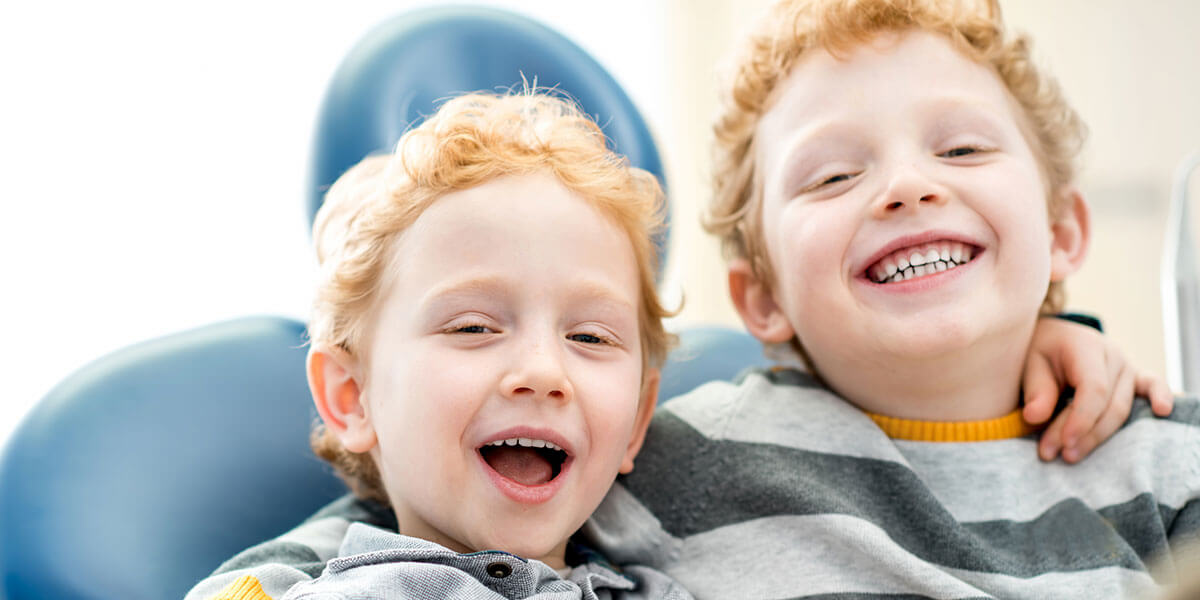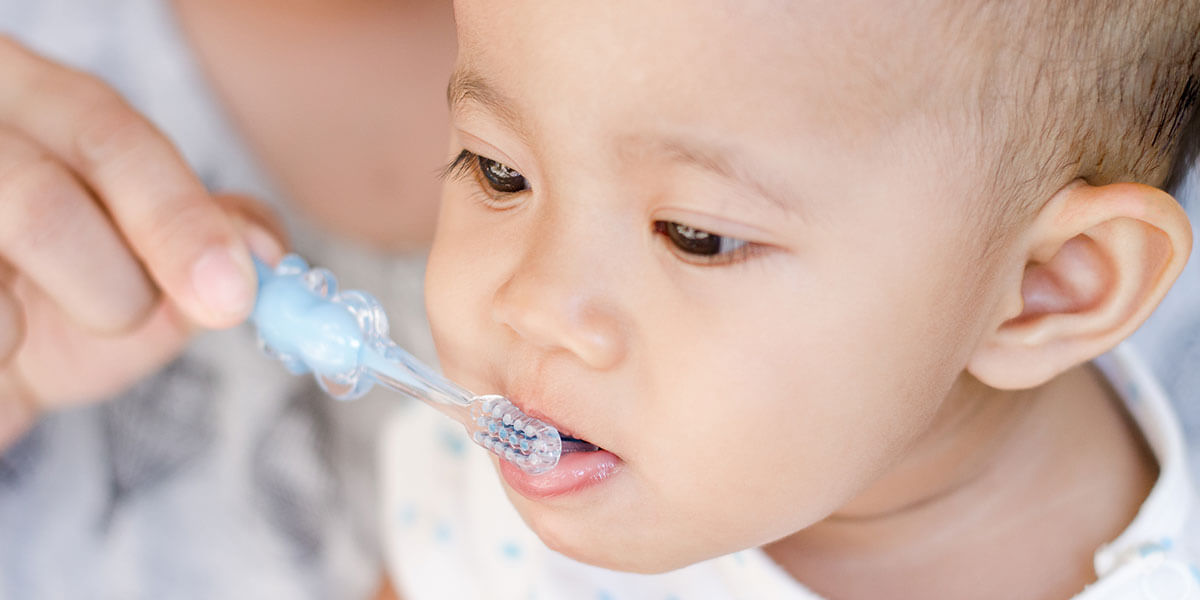
Pedodontics, or pediatric dentistry, refers to dentistry for children. It is important to take care of a child’s first teeth, their primary teeth, because they aid in speech development, allow food to be properly chewed, and maintain space for permanent teeth. It is also important to develop good lifelong dental habits early on.
Comprehensive Oral Evaluation / Digital Radiographs
An oral evaluation is recommended every six (6) months to prevent cavities and other dental problems. Dental X-rays are a valuable diagnostic tool used to identify decay, extra teeth, bone defects, tumors, cysts and check the progress of previous procedures.
Cleaning
Regular cleanings help keep gums healthy and teeth cavity-free. A dental cleaning includes removal of tartar and plaque and polishing of the teeth to remove stains and prevent further buildup of plaque.
Dental Sealants
Dental sealants are made of a safe resin material which is applied to the surfaces of teeth (commonly permanent molars) to prevent cavities. The sealant material fills in the crevices of a tooth and “seals” off the tooth from cavity-causing agents like food and plaque. The teeth are prepared for the sealant application and the sealant is painted directly onto the chewing surface of each tooth and then hardens. Sealants are applied in one visit.
Fluoride Treatment
Fluoride is a natural substance that helps strengthen teeth and prevent decay. Fluoride treatments are administered at this office as an important component of pediatric dental treatment. The fluoride is applied to the teeth in a gel, foam, or varnish form.
Mouth Guards
Custom-fitted mouth guards from your dentist are preferable to cheaper products available from a store. Many school athletic programs require participants to wear a mouth guard. Athletes who are wearing braces will particularly benefit from a custom-fitted mouthguard.
Early Dental Care

First Visit
According to the American Dental Association and the American Academy of Pediatric Dentistry, a child’s first dental check-up should occur between the ages of 6 months to one year. Informing your child about their first dental visit is very helpful. At your child’s first visit, we will review the medical/dental health history form with you. Your child will meet the dentist and have everything explained to him/her.
We encourage parents to accompany their child during their visit. This gives you an opportunity to see us working with your child and allows us to discuss dental findings and treatment needs directly with you. A thorough head and neck examination and evaluation of the teeth and gums are performed. Radiographs (x-rays) are taken only if necessary. If no treatment is needed, the teeth will be cleaned and a fluoride treatment will be provided.
We look forward to meeting you and your child for your first appointment!
Importance and Care of Primary Teeth (Baby Teeth)
Baby teeth, also called primary teeth, are shed, but they are still very important for a number of reasons. Children need strong, healthy baby teeth in order to chew food properly, to pronounce words correctly, and to maintain space in the jaw for the permanent teeth. That is why it is important to take good care of the primary teeth by keeping them clean and healthy.
Even before the first tooth erupts, your child’s gums should be wiped gently with a wet cloth or gauze after every feeding. At the appearance of the first tooth, begin brushing your child’s teeth with water. Children older than 2 years should be supervised during brushing to ensure that only a pea-sized amount of fluoride toothpaste is used, and that the toothpaste is spit out rather than swallowed, and they rinse with water afterward.
Preventing Decay
Primary teeth, if not kept clean and healthy, can develop decay. This decay can lead to infection, which can damage permanent teeth. Tooth decay in infants and young children occurs when the teeth undergo frequent and extended exposure to liquids containing sugar. To keep your child’s teeth cavity free and avoid oral pain, do not allow your child to fall asleep with a bottle containing anything other than water. Milk, formula, and juice, when given to a child right before they fall asleep, can remain on the teeth and in the mouth and cause tooth decay. If your child needs a pacifier between feedings or at bedtime, give them a clean pacifier. Do not give your child a pacifier dipped in honey or sugar.
